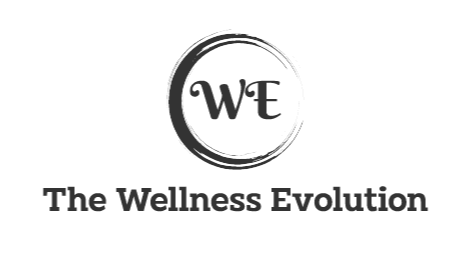So much can seem possible when your client has you beside them to cheer them on, reassure them, guide them, strategize with them, and do whatever it takes to help them grow, overcome adversity, become more and realise more of their potential.
Your client might leave a coaching session with you feeling clear, confident, and committed to taking action, but unfortunately, that isn’t always enough.
Knowledge, and even clarity, is not always enough!
Your client may still encounter all sorts of internal and external barriers before successfully following through with their commitments.
The real test is in how your clients meets the barriers they face as they attempt to make real and lasting change.
This is where bulletproof accountability becomes crucial. Setting up a robust accountability structure is essential for helping clients overcome resistance and maintain motivation when challenges arise,
during the week when they don't have you with them.Good accountability supports clients in transforming their intentions into actions and ensures they stay on track even when the initial enthusiasm wanes.
Accountability should be tailored to each client's unique preferences and needs. Some clients may thrive on regular check-ins and detailed progress tracking, while others might prefer a more flexible approach that allows for adjustments as they go.The key is to create a system that honours and supports their individual style and circumstances.
Here are some key elements to consider when setting up effective accountability:
- Regular Check-Ins: Establishing consistent communication helps clients stay connected to their goals and provides an opportunity to address any obstacles promptly. This can be through emails, messages, or scheduled calls.
- Clear Milestones: Breaking down larger goals into smaller, manageable milestones can make the process less overwhelming and more achievable. Celebrating these small wins can boost confidence and motivation.
- Flexible Adjustments: Life is unpredictable, and clients need the flexibility to adjust their plans without feeling like they've failed. A good accountability system allows for these adjustments while keeping the end goal in sight.
- Positive Reinforcement: Encouragement and recognition of effort are powerful motivators. Highlighting progress, no matter how small, can help clients stay motivated and committed.
- Action-Oriented Plans: Ensure that the action steps are specific, measurable, and time-bound. Vague intentions are harder to follow through on, whereas clear, actionable steps provide a concrete path forward.
By setting up bulletproof accountability that respects and aligns with each client’s preferences, you create a supportive environment that empowers them to persist through challenges and achieve lasting change.
This structured support not only helps them overcome resistance but also fosters a sense of ownership and responsibility for their progress.In conclusion, while the coaching session itself is valuable, the real magic, and transformation happens during the week through consistent, accountable actions.
As a coach, your role extends beyond the session, guiding your clients in setting up an accountability framework that works for them. This ensures they can navigate obstacles, stay motivated, and ultimately, succeed in their journey of personal growth and change.
If you would like to learn more about how you can master the art of accountability to enhance your coaching and empower your clients to new heights then check out Achievement Accelerator Coaching: Ensuring Client Success with Bulletproof Accountability. A 2 hour online masterclass that will help you unlock consistent client success with flawless accountability strategies.
Enrol now or learn more with the link below:


